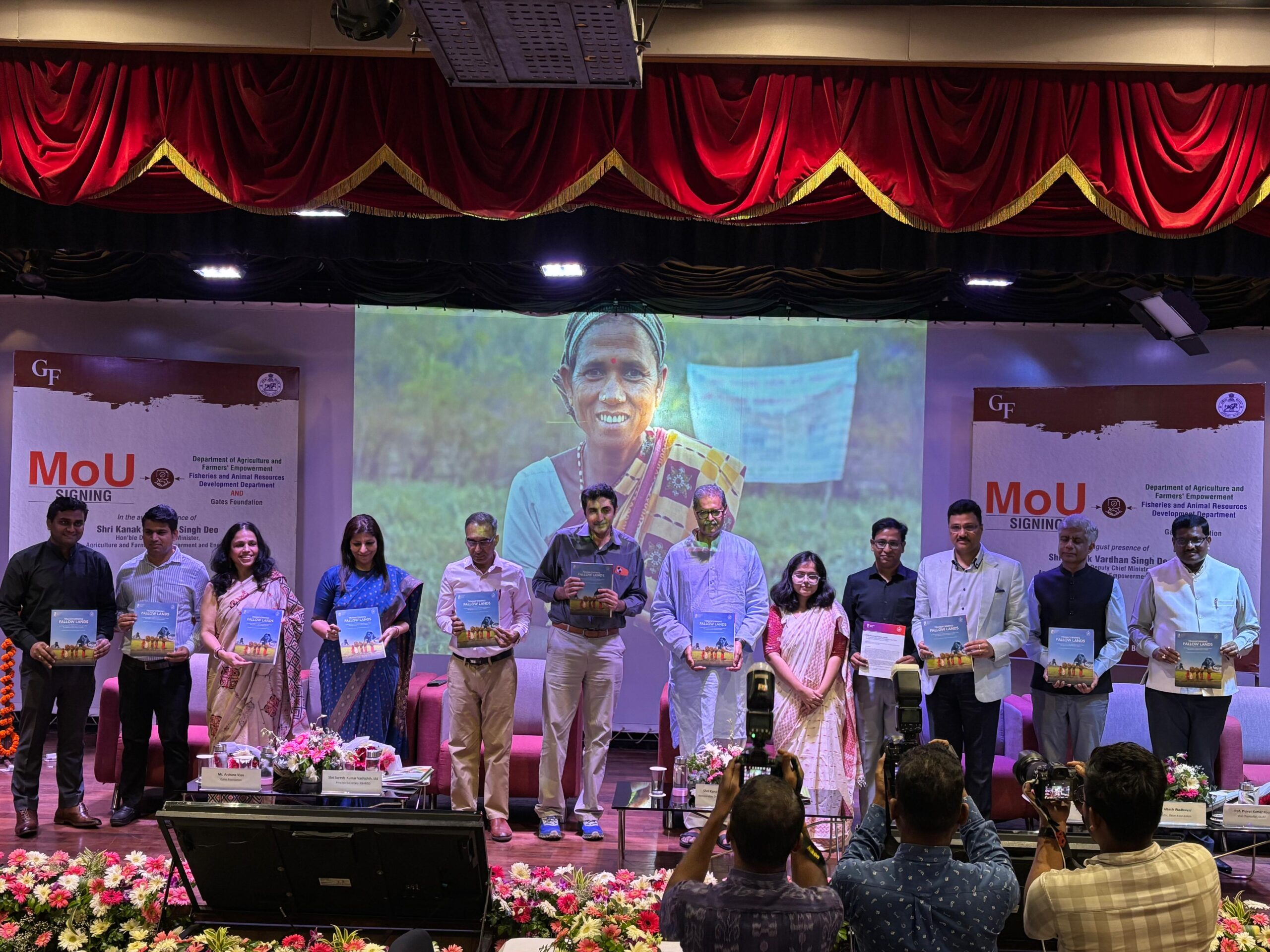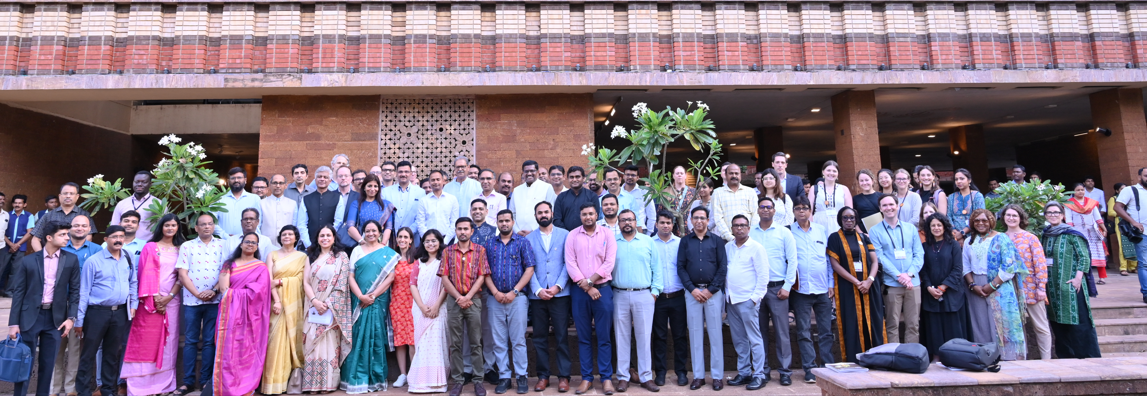On April 29, 2025, at a multi-stakeholder event in Bhubaneswar, the Hon’ble Deputy Chief Minister of Odisha officially launched the findings of an evaluation of the state’s Comprehensive Rice Fallow Management (CRFM) program. The study was conducted by the International Food Policy Research Institute (IFPRI) in collaboration with the Department of Agriculture & Farmers’ Empowerment (DAFE), Government of Odisha.

CRFM aims to promote the cultivation of pulses and oilseeds on post-monsoon (Rabi season) rice fallow lands across Odisha. The evaluation, based on a combination of satellite remote sensing, administrative data, and rigorous impact evaluation techniques, offers early insights into patterns of land use, crop productivity, and the inclusion of smallholders and marginalized communities.
“I commend the Directorate of Agriculture for bringing nearly 4.5 lakh hectares of fallow land under cultivation within a short period of time. I also extend my gratitude to the International Food Policy Research Institute (IFPRI) for their early comprehensive evaluation of the CRFM program and for identifying avenues for scaling up and options for course correction if needed. I encourage all stakeholders to utilize the findings of this report to scale up the program and contribute to sustainable improvement in the incomes of small and marginal farmers". Shri KV Singh Deo, Hon’ble Deputy Chief Minister of Odisha.
The CRFM program, currently operational across all 30 districts of Odisha, has focused on improving the use of fallow lands – estimated at 1.6 million hectares statewide – by encouraging second season cropping.
“Our collaboration with IFPRI has helped strengthen the journey of science and data driven agricultural transformation in Odisha. Our studies are ensuring more efficient utilization of rice fallow land especially at the district and block level. This study reaffirms the value of integrating evidence into policy.” Dr. Arabinda Padhee, Principal Secretary, DAFE.
The evaluation draws attention to early yield improvements in crops such as Bengal Gram, Mustard, and Lentils in targeted areas, while also emphasizing the importance of tailoring strategies to district-specific agroecological conditions.
By leveraging geospatial tools and digital platforms like the Krushak Odisha and ADAPT portals, the program is enhancing its ability to monitor outcomes and better reach intended beneficiaries.
“The evaluation provides promising evidence of enhanced utilization of fallow lands, improved yields in both pulses and oilseeds, and supports social and economic inclusivity with it benefits reaching marginalized groups. This evaluation offers critical insights for scaling climate-resilient, nutrition-sensitive agricultural interventions in states all over India.” Dr. Mamata Pradhan, Senior Research Coordinator, IFPRI.
This launch builds on the ongoing partnership between the Government of Odisha and IFPRI, grounded in a shared commitment to supporting inclusive agricultural transformation through evidence-based research and policy engagement.
The launch of IFPRI’s CRFM evaluation report attracted extensive media coverage, highlighting the growing national interest in Odisha’s pioneering approach to data-driven, inclusive agricultural transformation. The event underscored the importance of evidence-based policymaking in revitalizing fallow lands, enhancing yields, and ensuring equitable benefits for smallholder and marginalized farmers.
A selection of media stories covering the event can be found below:
Odisha govt, Gates Foundation ink MoU for climate-smart agriculture practices
Odisha signs MoU with Gates Foundation for inclusive growth in farming sector
Odisha govt, Gates foundation sign MoU to promote science-smart agriculture
Find additional details and coverage from the launch event here.
***



